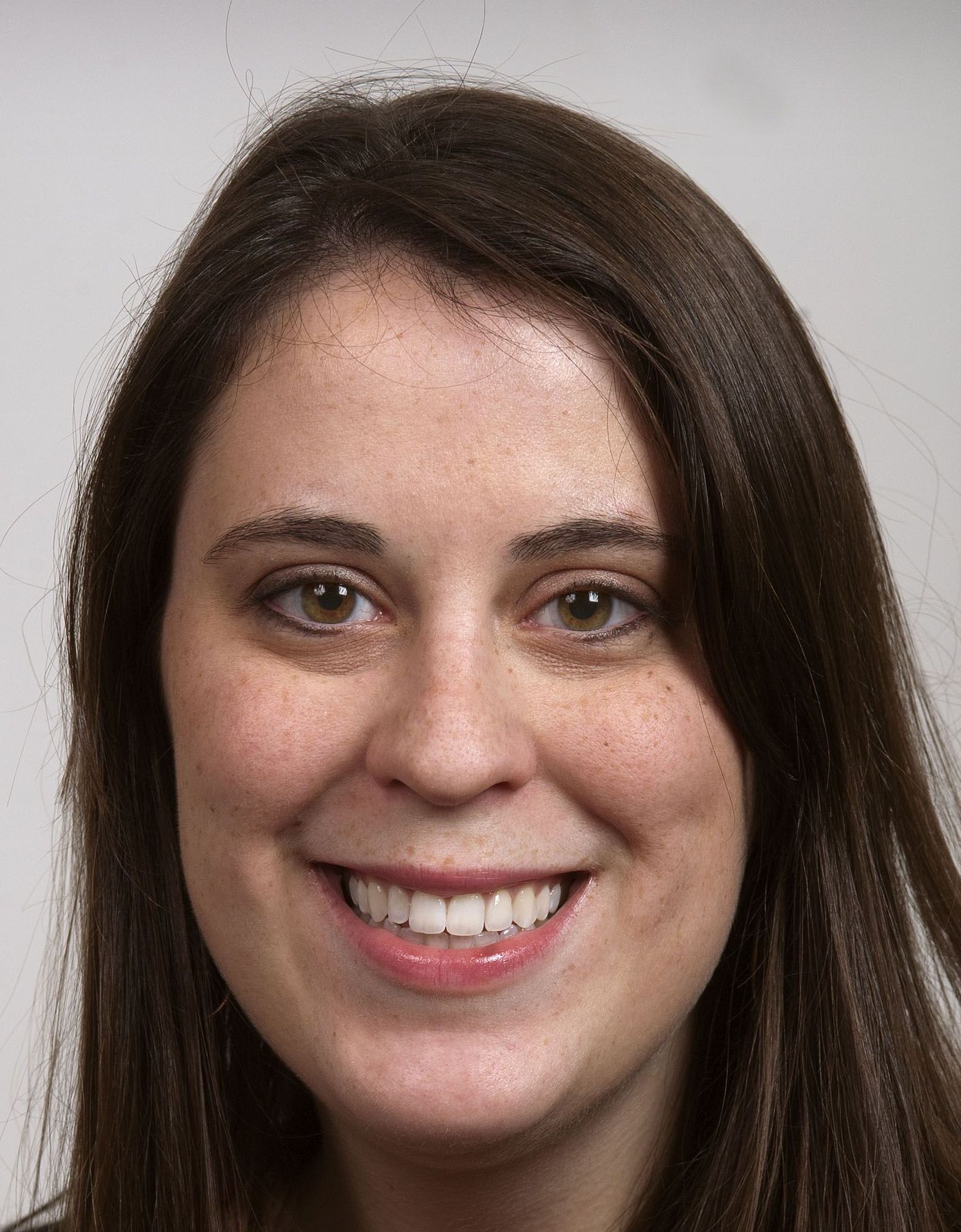Early financial literacy pays big dividends in the long run
Published 12:00 am Thursday, July 31, 2014
Students at Gethsemane Missionary Baptist Church’s summer enrichment program spent eight weeks this summer getting a head start on money management skills.
They opened their own businesses, kept transaction logs, earned money, spent money and paid bills.
I was really impressed with the program and the real-life skills the children were learning. It made me think about how my parents taught me financial responsibility throughout the years.
Just as money doesn’t grow on trees, financial literacy isn’t something we’re born with.
My parents were very intentional in how they taught me to be wise with my money as I grew up. First of all, I’ve had a savings account for as long as I can remember. Any time I received more than a few dollars, I would take that money to the bank.
At home, I had a bank that was divided into three separate sections — one for savings, one for spending and one for money to go in the offering at church.
My mom and dad started me out with an allowance at an early age. I got 75 cents each week in the form of three quarters. One quarter went in each section of my bank. My allowance grew as I grew older, it proved my ability to handle the money I was earning and I took on additional responsibilities. When I began pet sitting and babysitting, my dad took me to the bank to open up my very own checking account.
My parents taught me the value of saving up for big purchases. When I was in middle school, I bought my first big ticket item — a brand new iBook. It was the first all-white iBook when Apple made the switch from the blue and orange shells to white. I was so proud of that computer and I took really good care of it for that very reason.
On my very first day of high school, I started my first job at Chick-fil-A. I started out working a few hours every weekend. After several years and a promotion, I was working close to full time during the summers and working several shifts a week during the school year. That job gave me spending money, and I began to provide for most of my wants. I also learned to file and pay taxes. Later on in high school, I got a debit card to use, as well.
The summer before I went off to college, my parents sent me off to the bank (on my own this time) to get my very own credit card.
As they gradually presented me with more and more responsibility, my parents taught me how to handle those responsibilities. They taught me to never buy something unless I had the money for it right then. They showed me the value of shopping around for the very best deal. They taught me the importance of working hard to earn money.
Just like my parents did with me, it’s important to teach your kids how to manage their money from an early age. Money as You Grow, an initiative of the President’s Advisory Council on Financial Capability, suggests teaching children developmentally appropriate money management concepts as they grow up.
Between the ages of 3 and 5, children should learn that they need money to buy things and that you earn money by working. In addition, they should learn they might have to wait and save before they can buy something, as well as to distinguish between wants and needs,
Children between the ages of 6 and 10 need to learn to make choices on how to spend their money and to shop around and compare prices. This is also a good age to learn about savings accounts at the bank and internet safety.
Preteens and young teens, between the ages of 11 and 14, should learn more about saving money, such as how compound interest works and that they should save at least 10 percent of the money they receive. It’s also an ideal age to expound on internet banking safety and to begin teaching them about credit cards.
Between the ages of 14 and 18, continued education about using credit cards responsibly is vital. Teens should look at the cost of different colleges as they apply and learn about taxes as they get a job. As they get into their upper teens, they should also learn about Roth IRAs.



